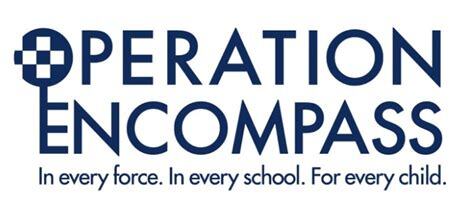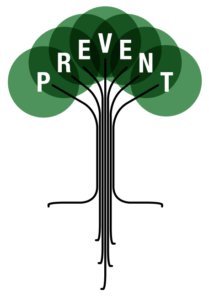Geography
Geography engages pupils with the world around them, the contrasts and patterns we see in both natural and human environments and the changing interactions between them.
Geography is exciting – today’s access to information gives us a huge wealth of sources to draw on and explore and use of technologies such as digital mapping and geographic information systems are embedded in our courses. Through studying and investigating geography pupils develop skills of enquiry and research, understanding information, and how to articulate observations, explanation and argument.
Field visits throughout the curriculum provide opportunities to appreciate places first hand and engage in genuine enquiry based on data gathering and analysis. Examination courses provide a progression through topics and development of skills and the Geographical Society exists to encourage pupils to investigate and share their interests beyond the course content.
Course Specification
The Year 7 course encourages curiosity and enquiry into fascinating places and integrates essential geographical skills in mapping and enquiry with exploration of the themes of ecosystems, settlement and sustainability. The Year 8 pupils explore landscapes, economic activity and environmental impacts including a field trip to the Castleton area of the Peak District National Park. Year 9 explore aspects of tectonics and hazards and global population geography. They also undertake the Changing cities unit of the Edexcel 9-1 GCSE which introduces the process of urbanisation, the rise of mega cities and the characteristics of large cities at home and overseas. Fieldwork is undertaken and geolocated data examined using a geographical information system (GIS).
The GCSE course followed is Edexcel GCSE (9-1) A. The examination consists of three papers and the course includes two days fieldwork.
The three papers consist of:
- The Physical Environment (37.5%): Changing landscapes, weather hazards and climate change and ecosystems, biodiversity and management
- The Human Environment (37.5%): Changing cities, global development and resource management
- Geographical Investigations (25%): Fieldwork and UK challenges
The A Level course followed is OCR A Level Geography. There are three examination papers and an independent investigation. The course includes a residential study trip currently to North Yorkshire, and four days fieldwork in total.
- Physical Systems (22%): Landscape systems and life support systems
- Human Interactions (22%): Changing spaces, making places and Global connections
- Geographical Debates (36%): Disease dilemmas and Hazardous earth
- The Independent investigation (20%): allows pupils to explore a topic of their choice related to any part of the specification through data collection and analysis. It is highly valuable in developing enquiry skills and interpretive skills with complex real world data.











